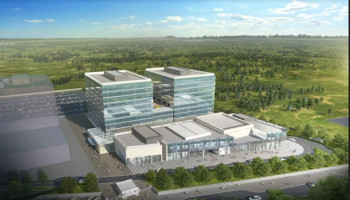
Microsoft is banking on AI enthusiasm to arrive before it gets returns on its investments. This news carries both positive and negative implications for PC makers and hints at Microsoft's next major Windows release.
Windows 11's performance remains lackluster for Microsoft. Recent figures were uninspiring, trailing behind its predecessor's installations at the same stage. The consensus suggests Windows 12 might arrive next year, with Microsoft's hardware partners expecting it.
One reason for this anticipation is Windows 11's stringent hardware requirements, leaving capable PCs unable to run it. Microsoft and OEMs hoped users would upgrade, but many stuck with Windows 10.
At present, Windows 11 seems self-inflicted. Attempts to force a hardware refresh led to further fracturing of the Wintel alliance.
The issue isn't with Windows 11 itself. However, the threat of high hardware requirements continues. How does Microsoft move forward?
Redmond HQ hopes AI-enabled PCs might succeed. HP and Lenovo are working on "AI PCs" but remain tight-lipped. Arm's influence on the PC market persists, with Nvidia reportedly developing an Arm-based CPU for Windows.
These insights hint at Microsoft's strategies for Windows 12.
Windows 12 release date
The consensus points to a potential Windows 12 arrival next year. Reports hint at an October 2024 release, aligning with historical trends.
Windows must resolve Windows on Arm, addressing manufacturers' desires for Qualcomm's Snapdragon X Elite. Apple's transition away from Intel-based chips provides a model, but substantial Windows work is needed.
AI remains key for Microsoft, yet to yield significant financial benefits. Copilot in Windows indicates the company's AI direction.
















